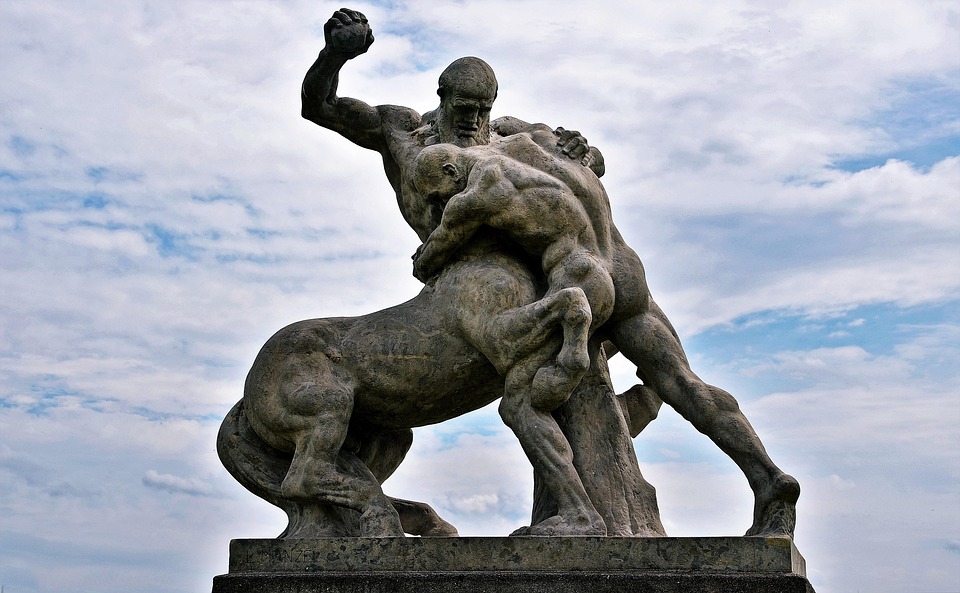Wrestling has long been a captivating spectacle, blending athleticism, drama, and storytelling into a unique form of entertainment. As the industry continues to evolve, social media has emerged as a transformative force, reshaping how fans engage with their favorite wrestlers, promotions, and storylines. In this article, we explore the profound impact of social media on professional wrestling and how it is changing the game for fans and wrestlers alike.
The Rise of the Digital Fan
In the past, wrestling fans were largely confined to attending live events, watching broadcasts, or reading about their favorite stars in magazines. However, the advent of social media platforms like Twitter, Instagram, Facebook, and TikTok has empowered fans with new ways to engage with content and connect with wrestlers.
Direct Interaction
Wrestlers now have the ability to interact directly with their fans. Platforms like Twitter provide a space where wrestlers can share thoughts, promote upcoming matches, and engage in playful banter with fans and rivals. This immediacy allows for a more personal connection, which can foster loyalty and investment in a wrestler’s career.
Real-Time Feedback
Social media also allows fans to provide real-time feedback on storylines and character developments. This instant connectivity means that promotions can gauge fan reactions almost immediately, enabling them to adjust storylines or marketing strategies as needed. The dynamic between wrestlers and their audiences has become more fluid, allowing for a two-way conversation rather than a passive consumption of content.
Building Narratives Beyond The Ring
Wrestling has always been about storytelling, but social media has expanded the canvas upon which these narratives are painted.
Character Development
Wrestlers can now develop their personas outside of traditional storylines. For example, personal Instagram and TikTok accounts provide insights into their lives, creating a deeper connection with fans. This can transform a character from a mere performer into a relatable individual, blurring the lines between reality and performance. Fans become invested not just in the character but in the person behind it, enhancing emotional attachment.
Cross-Promotion and Viral Moments
Social media generates buzz around events, match-ups, and rivalries, sparking conversations that extend beyond avid wrestling fans. Viral moments—from unexpected in-ring antics to comical behind-the-scenes clips—harness the power of social sharing, allowing promotions to reach broader audiences. Wrestlers like Becky Lynch, for instance, have utilized social media to propel their narratives into mainstream consciousness, capitalizing on trending topics and cultural moments.
The New Age of Marketing
Social media has revolutionized marketing strategies in wrestling, making them more targeted and personal.
DIY Stardom
With platforms available to everyone, aspiring wrestlers can build their brands long before they reach major promotions. They can showcase their skills, share their unique styles, and interact with fans directly. This "DIY" approach allows for grassroots movements in wrestling that can lead to opportunities in larger promotions.
Sponsorship and Monetization
Companies have recognized the value of celebrity endorsements from wrestlers with an engaged following. This has led to new partnerships and sponsorship opportunities, where wrestlers promote products and services to their audiences. This dynamic shifts the financial landscape of wrestling, allowing talent to monetize their brands effectively.
Challenges and Controversies
While the advantages of social media in wrestling are apparent, challenges and controversies also emerge from this digital age.
Information Overload and Backlash
With the vast amount of content available, fans may feel overwhelmed or fatigued. Moreover, the instant nature of social media means that a single misstep can lead to rapid backlash. Wrestlers and promotions must navigate these challenges carefully, as a single tweet or post has the potential to escalate into a significant controversy.
The Pressure to Perform
The need to consistently engage with fans can create pressure on wrestlers to maintain an online presence. Not all athletes naturally adapt to the demands of social media, and for some, this can detract from their ability to perform in the ring. Ultimately, the balance between personal life and public persona becomes a tightrope walk.
Conclusion
Wrestling in the digital age is a multifaceted phenomenon shaped significantly by social media. It has deepened the connection between fans and wrestlers, created new marketing avenues, and transformed storytelling in ways that were previously unimaginable.
As the genre continues to evolve, wrestling promotions, athletes, and fans will navigate the complexities of this digital landscape, enriching the love of a sport that has entertained millions for decades. Embracing these changes, while mindful of the challenges, will ensure that professional wrestling thrives in the exciting, interconnected world of the digital age.



